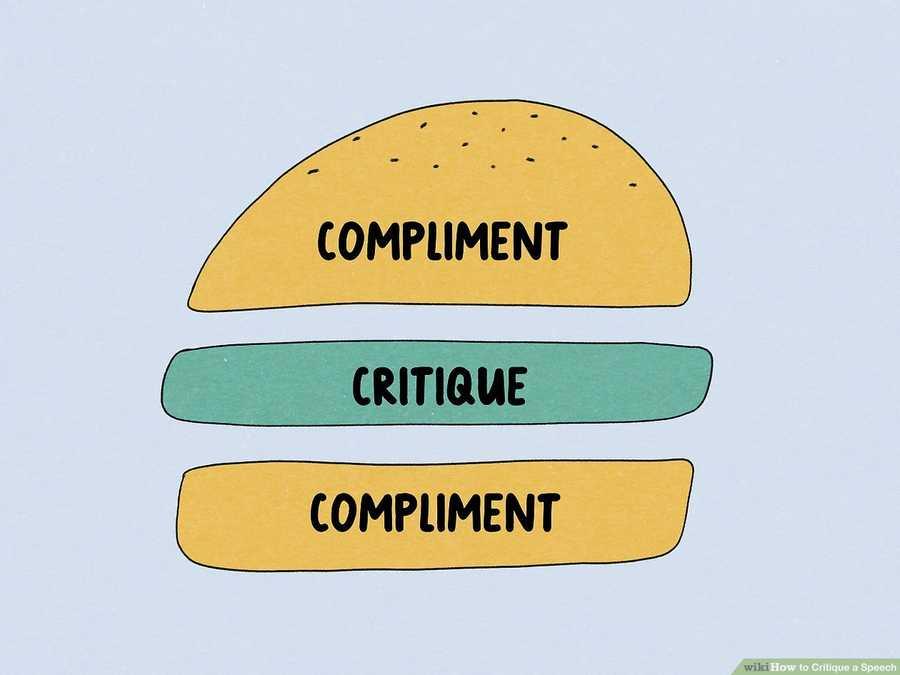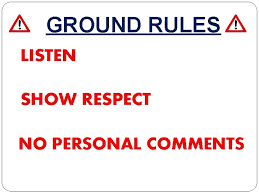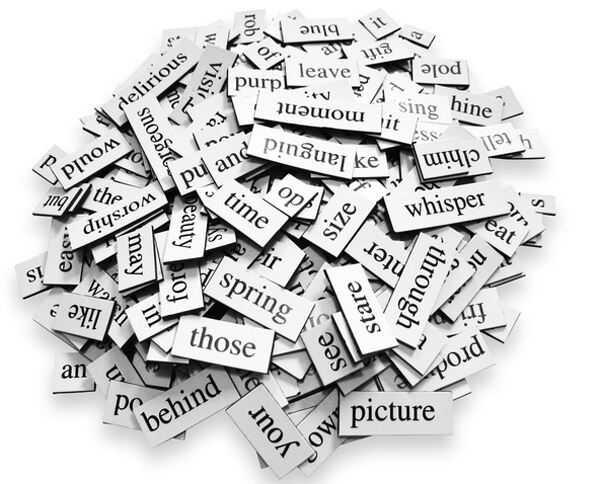How to Give a Good Critique
Curated from: writervana.com
Ideas, facts & insights covering these topics:
9 ideas
·1.56K reads
20
5
Explore the World's Best Ideas
Join today and uncover 100+ curated journeys from 50+ topics. Unlock access to our mobile app with extensive features.
Overview
When critiquing a peer's work:
- Understand That Critiques are for Improvement
- Start With Something Good & Relate It
- Remove Personal Remarks
- Reflect Your Own Thoughts
- Don't Critique Something you Dislike
- Avoid Critiques of Word Choice
- Have some General Questions to Think About
22
306 reads
Understand That Critiques are for Improvement
Instead of saying: "This is confusing."
Try: "I don't understand how your character got from Point A to Point B. It will probably be better if you elaborate on how they got there in the story, so it's clearer for your readers."
Explain why changes need to be made, why lines need to be cut out, why parts are confusing.
On the other hand, critiques are not for blind flattery as well. Some may approach a critique channel with a desire to just receive pointless flattery. However, the majority are here to improve.
22
213 reads
Start With Something Good & Relate It
Instead of saying: "The main character's dialogue was good, but the side characters all sound the same." or "The main character's dialogue was good, but the side characters all sound the same. But you did a really great job on the main character's voice!"
Try: "The main character's dialogue was great. However, it's important to make sure that the side characters have just as distinctive of a voice."
20
183 reads
Remove Personal Remarks
Instead of saying: "You lack creativity."
Try: "The plot about the character's parents being dead is an overused trope." (and then, of course, adding ways that this person can change that, such as, "How about changing it so that their parents aren't dead, just distant to the character?" so that it is constructive!)
Instead of saying: "You make a lot of grammar mistakes."
Try: "This excerpt has lots of grammar mistakes."
21
171 reads
Reflect Your Own Thoughts
Instead of saying: "No one is going to understand why your main character ran away."
Try: "I don't understand why your main character ran away."
Instead of saying: "The last scene needs more description."
Try: "I think the last scene needs more description."
21
169 reads
Don't Critique Something you Dislike
Every critique is an opinion, but it's also important to make your critiques objective, when it comes to letting your personal enjoyment of a genre, or liking of the writer themselves, factor into your criticism. Furthermore, it's also nice to enjoy the critique process as well. It's difficult to find fun in critiquing something you absolutely abhor reading.
19
156 reads
Avoid Critiques of Word Choice
- Unless the author has specifically asked for it, don't get hung up over word choice or line edits.
- Sticking to the bigger picture is the best choice.
If you must make comments on their word choice, instead of pulling every single faulty error out, select a few examples and make a general comment, such as:
"The body language in this piece tends to be expressed by lots of basic facial expressions, like frowns, smiles, scowls. I think it would be better if there was some variety, such as replacing an occasional smile with "lips curved upwards" or scowls with "clenched jaws", and so on, so forth."
19
136 reads
General Questions to Think About : Language & Plot
Language
- Was the piece easy to read and/or understandable?
- How was the flow of the writing style overall?
- Were the sentences too long or short?
- Were words used correctly?
- Were some words, punctuation, and/or syntax patterns overused?
- Were there any grammar mistakes/mistake patterns?
- How was the description (too long, non-existent, repetitive)?
- Were tenses consistent?
Plot
- Was there a plot?
- Any plot holes?
- Were the sequence of events natural?
- Was there anything that confused you in regards to plot. How were they confusing?
- Did the story drag or move too fast?
- Did the story interest and/or hook you?
21
119 reads
General Questions to Think About : Characters & Overall
Characters
- Did the characters act realistically in the situations that they were in?
- Did they have distinct personalities and/or voices?
- Was the POV for the story consistent?
- How well-written was the dialogue?
- Can you sympathize and/or empathize with the characters?
- Are the characters layered & complex?
Overall
- What is your overall impression of the story?
- What is the strongest part of the story? The weakest?
- What's one line that you loved?
- Did you cover the specific points that the writer asked for critique on?
21
115 reads
IDEAS CURATED BY
she/her | Cybersecurity Professional | Writer | Sharing what I learn to help others :)
Growth Apprentice's ideas are part of this journey:
Learn more about communication with this collection
How to delegate tasks efficiently
How to use technology to your advantage
How to optimize your work environment
Related collections
Similar ideas
10 ideas
How to Give Constructive Criticism: 6 Helpful Tips | Personal Excellence
personalexcellence.co
4 ideas
How to Give Criticism Without Sounding Like a Jerk
lifehacker.com
3 ideas
Read & Learn
20x Faster
without
deepstash
with
deepstash
with
deepstash
Personalized microlearning
—
100+ Learning Journeys
—
Access to 200,000+ ideas
—
Access to the mobile app
—
Unlimited idea saving
—
—
Unlimited history
—
—
Unlimited listening to ideas
—
—
Downloading & offline access
—
—
Supercharge your mind with one idea per day
Enter your email and spend 1 minute every day to learn something new.
I agree to receive email updates








